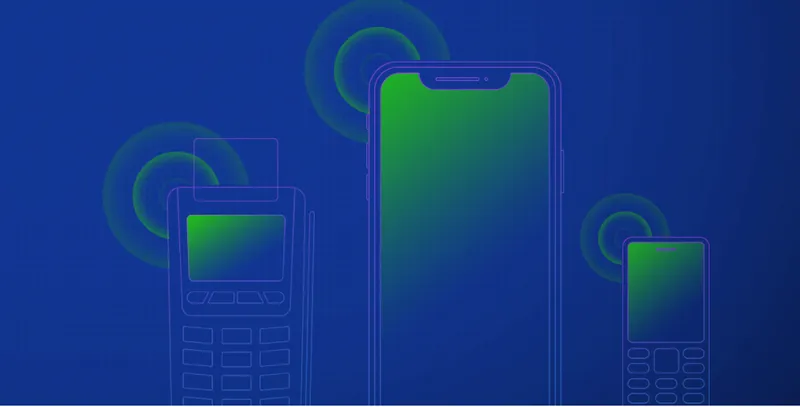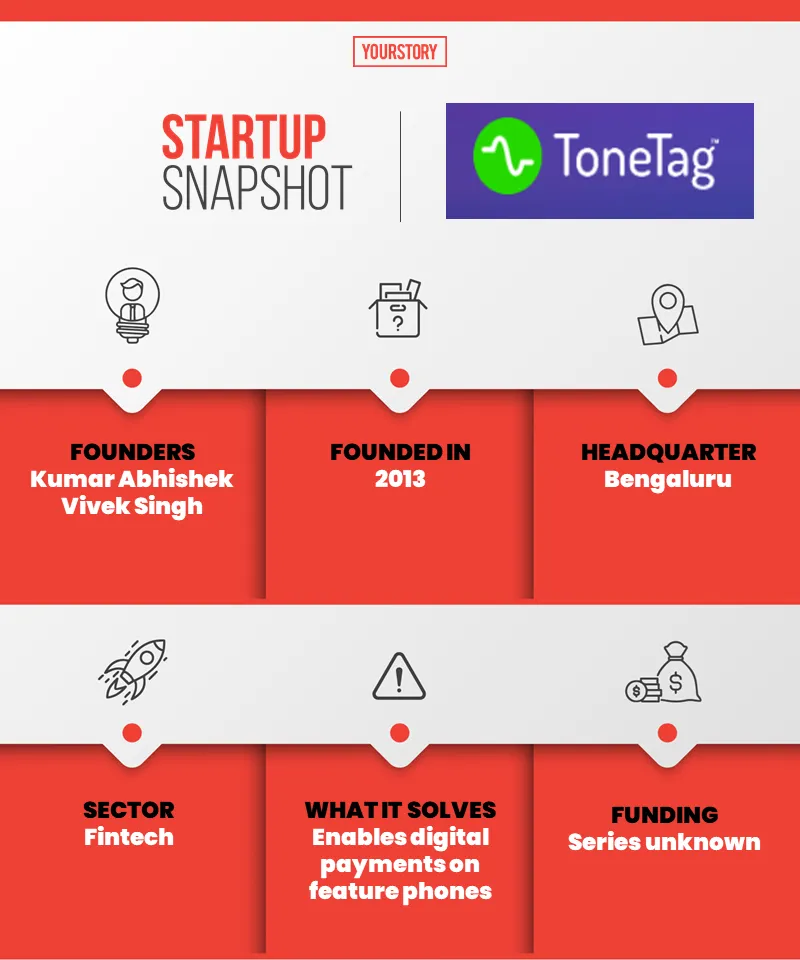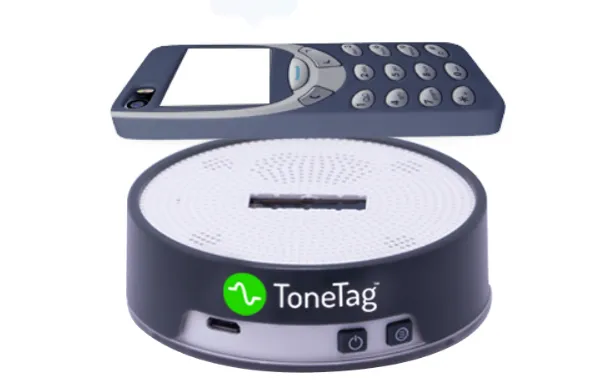This Amazon and Mastercard-backed startup is hitting the right notes with soundwave-enabled payments
Bengaluru-based startup ToneTag is not only enabling offline payments in areas with low internet connectivity, but also helping businesses digitise.
One of the biggest hindrances to digital payments in India is the lack of access to internet. As of January 2021, only 45 percent of the country’s population have used internet services, of which, an even smaller percentage used it for purposes other than entertainment.
To put it in perspective, over 770 million people in India don’t have access to web services today. Lower-tier cities and rural areas account for a majority of the population without access to internet services, mostly because of a lack of infrastructure.
The problem is further compounded by the fact that over two-thirds of the population does not own a smartphone, and relies on a feature phone, making it all the more difficult for fintech companies to extend their services to them.

Kumar Abhishek, an MBA graduate who has worked with prominent companies such as IBM, , and Infosys, decided to close this gap by enabling digital payments on feature phones. In 2013, he set up with Vivek Singh, an engineer who also heads the startup’s innovation lab.
“India is digital, Bharat is not,” the co-founder and CEO of the Bengaluru-based startup tells YourStory. “If you go back five or six years, the lack of internet penetration and smartphone usage was worse, and presented a disheartening picture. We decided this was the problem we wanted to solve.”
The duo developed a technology that used soundwaves to enable data transfer between two devices, such as feature phones, and carry out digital payments.
The software uses the phone’s basic microphone and speaker to receive and transmit data, thus enabling feature phones to use it too. Using IVR (interactive voice response), users can dial an invitation code, and then use the audio signal from the call to initiate payments — a feature that can be used even in areas with no internet connectivity.
“Our solution is easy with no complex procedures to follow. A user can simply talk into the device or give voice commands and complete the payment,” Kumar says.
At present, ToneTag claims to serve about 100 million customers through consumer applications, and has powered over 1.3 lakh electronic data capture devices, 1.5 lakh mobile PoS, and 4,000 computer PoS.

Payments and beyond
The startup says its tech can be used for a lot more than digital payments. Using just its voice and cellular network, users can order food, shop for groceries, make in-app purchases, contactless payments, and even check out items by simply speaking into their devices.
That has pushed merchants, especially in smaller cities and rural areas, to increasingly digitise and automate their stores.
ToneTag has also built a sound-based marketing tool called SonicEngage, which helps TV watchers or audio listeners engage with advertisements they’re watching in real-time.
“For example, you can buy a watch on your phone while watching an advertisement of the same watch on your TV. This process works on a technique called ‘watermarking’, and enables brands to make their advertising more immersive and interactive,” Kumar explains.
This essentially eliminates the need for sellers and buyers to connect to the internet in order to become digital-first.
“Our aim is to increase digital financial inclusivity and hence we make products that are easy to use and voice-based so that people who are not tech-savvy or technologically handicap are included in the digital payment sphere,” he adds.

A growing market
To date, the startup has raised close to $12 million from investors including Amazon, Mastercard, and Reliance, among others, and is set to raise more funding over the next six months.
It also plans to extend its reach beyond India, the UAE, Singapore, and Bangladesh, to the US, the Philippines, South Africa, Indonesia, Jamaica, Canada, and the UK.
ToneTag counts Airtel, Amazon, Yes Bank, Shoppers Stop, Bank of Baroda, and FAB, among others, as its customers, and earns its revenue in the form of a licence fee it charges such brands and businesses for its software.
The startup’s competitors in the sound-based proximity data transfer space include UltraCash, , California-based , among several others, including newer startup popping up every day specifically to make offline payments a reality.
But, with the digital payments space in India set to rise fivefold to $1 trillion by 2023, and a huge regulatory push for more solutions and innovation in offline or internet-free payments space, ToneTag, and others like it, are expected to see huge growth opportunities in the coming years.
Edited by Saheli Sen Gupta





![[Startup Bharat] No internet, no problem: this Hubli-based startup is enabling digital payments over voice network](https://images.yourstory.com/cs/2/a9efa9c0-2dd9-11e9-adc5-2d913c55075e/bts11551978762357.png?fm=png&auto=format&h=100&w=100&crop=entropy&fit=crop)




